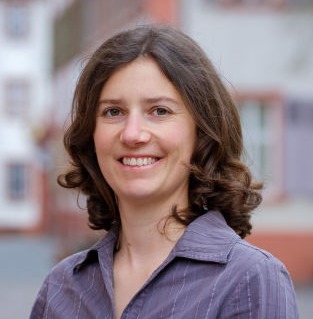Research
Galaxies are in constant evolution, under the influence of the matter cycle within them: gas clouds assemble and collapse, stars form within them, and matter and energy are redistributed into the interstellar medium through the influence of stellar feedback and turbulence. It is one of the big unanswered questions in modern astrophysics which processes drive this multi-scale cycle and what its quantitative characteristics are. Our research group makes use of state-of-the-art, high-resolution, multi-wavelength observations of a large range of galactic environments to observationally characterise the mass and energy flows within galaxies, determine how gas is converted into stars, and how stars eject the material again into the surrounding medium. Such observational measurements are key to overcome the main limitation of current simulations of galaxy formation and evolution.
Research topics:
- star formation
- stellar feedback
- galaxy evolution
- interstellar medium
- galactic centres
- photodissociation regions
- dwarf galaxies








